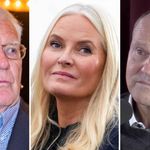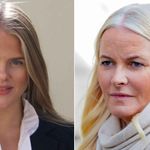Vi må dekonstruere vår egen historie, sa Emmanuel Macron nylig under et CBS-intervju da temaet ble raseuroen i Europa og USA. Europa har kolonihistorie og mange innvandrere, bemerket Frankrikes president. Amerikanerne grep fatt i raseproblemet på 1960-tallet, men europeerne må gjøre det på sin måte, mener Macron.
Logg inn for å lese videre (abonnenter).
Støtt Norges viktigste uavhengige medium!
Bli abonnentPluss-artikler blir åpnet 48 timer etter publisering. Artikler som er eldre enn to år er forbeholdt abonnenter.





